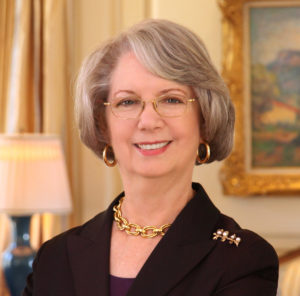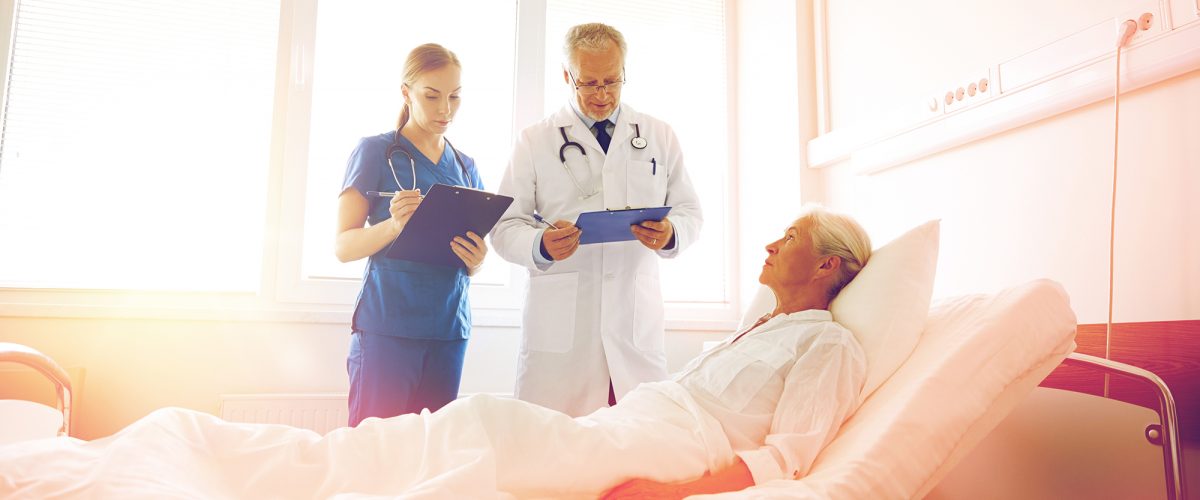My cell phone rang as I was working my way through the morning meds and procedures that are part of Day 4 after a mastectomy. I didn’t recognize the Dallas number, but these days there are so many calls from the vast complex that is the Baylor Scott & White Sammons Cancer Center. It was my very young surgeon — somewhat breathless, probably calling from her cell phone as she drove to her office.
“I have good news. The pathology report shows no cancer in the lymph nodes or residual tissue. No chemo. We got it all.”
I sank into the nearest chair, completely overwhelmed with gratitude. I immediately texted my family. “Time to celebrate. One down, one to go.” An hour later, I am still awash in gratitude:
- For all the prayers, for every card, call, text message, email.
- For the medical team and the Baylor University Medical Center.
- For the Sunday school class at Wilshire Baptist Church that has embraced me.
- For my doctor back home who started me on my journey when he told me more than six months ago to get myself to Dallas as soon as possible and go straight to the Baylor Emergency Room for surgery.

Ella Prichard
As difficult as that surgery was, I am most thankful for it and for the young trauma surgeon who thought he would be snipping adhesions and found neuroendocrine cancer, sneaky little cells that avoid detection and are usually discovered during surgery for something else. In the previous two and half years I had had all the GI tests, and they were all negative, even a biopsy in May.
And it’s in the tests that followed my surgery that suspicious spots showed up on my left breast, spots that weren’t there when I had a mammogram last January. Unrelated primary cancer, Stage 1. So, no, not grateful for cancer but enormously grateful it was detected before it was too late.
What have I learned?
- That I didn’t know so many cared.
- That I didn’t know the power of others’ prayers when I have no words for prayers for myself.
- That neither denial nor handwringing makes cancer go away, so I set about to keep myself too busy to have much time to think about it.
The Serenity Prayer that was my mantra after Lev died gives me strength now.
God grant me the serenity to accept the things I cannot change,
Courage to change the things I can,
And wisdom to know the difference.
The words I wrote in 2015 prove true now: “My problem as a new widow was figuring out what I could change. I found it easy to ruminate about a past I could not change and to worry about a future I could not know. I could not always let go immediately; but to a great degree I could keep my mind from getting stuck on thoughts that made me sad and anxious. While I could not change my circumstances, I could change my reaction to them. I loved the quotation attributed to Martin Luther: ‘We can’t keep the birds from flying over our heads, but we can keep them from nesting in our hair.’”
I have learned that Christmastime is a great time to be dealing with medical tests and their hope-dashing results, because it’s such a busy, joy-filled time it’s impossible to stay depressed.
“Today may be my best day for the rest of my life and I need to pack it full with meaningful work and experiences.”
That today may be my best day for the rest of my life and that I need to pack it full with meaningful work and experiences. Every day needs to count for something. I don’t have enough time left to waste any of them.
That anticipation is a powerful dose of medicine and accepting invitations, planning trips, putting things on my calendar to look forward to and work toward is a powerful motivator.
That relationships matter most of all.
That God doesn’t care what I believe about the minutiae of theological disagreements. I believe, and that’s enough. The words of the old gospel hymns are my greatest comfort. It is well with my soul.
That identifying moments of joy and living in gratitude mode is a spiritual discipline that sustains me in the toughest times.
After Lev died and it seemed as though my life was completely joyless, I developed the habit of noontime prayers to thank God for every good thing, no matter how trivial, that happened to me that day. It might be no more than finding a parking place at the grocery store. As the years passed, I began to look for moments of joy. On particularly bleak days, I could create a moment or two of joy — a phone call to a friend, a text exchange with a grandchild, a stroll outside to see what was in bloom.
Without realizing it, I suppose I changed my mindset, because I surprised myself after my August surgery. It was an evening surgery, and I was not prepared for the words of the surgeon afterward: “We found neuroendocrine cancer and did a resection. We couldn’t get it all.”
During the long wait for a room, after hearing what sounded like a death sentence, I told my daughter how very grateful I am for the long and good life I have lived, for the wonderful family I have. I have lived long enough to see all the grandchildren graduate from college, pick their careers and life partners, buy their first homes. I have the indescribable joy of three great-grandchildren. There are no unresolved conflicts or worries. No regrets. I am not afraid of death and I trust God with my future, whatever that might be.
My doctors give me hope that I may be one of those fortunate ones who learn to live with cancer rather than die from it. They talk about finding the treatment that will give me the best quality of life 10 years from now, when I will be 92.
When I wrote Reclaiming Joy, a memoir of grief, after Lev’s death, I concluded each chapter with a lesson learned. Chapter 2 was on gratitude, and I wrote, “In our despair, we cannot imagine that life will ever be good again. By living in gratitude mode — counting our blessings, continually saying thanks — we can move from despair to confidence. We can find joy in our memories of the past and our anticipation of the future.”
Ella Wall Prichard is a history and journalism graduate of Baylor University. She was a member of the Baylor Board of Regents and a director of the Baylor Alumni Association. Her book, Reclaiming Joy: A Primer for Widows, recounts the story of her husband’s untimely death and her suddenly finding herself the president of the family oil business. A longtime resident of Corpus Christi, Texas, her primary residence now is in Dallas, where she is a member of Wilshire Baptist Church.


